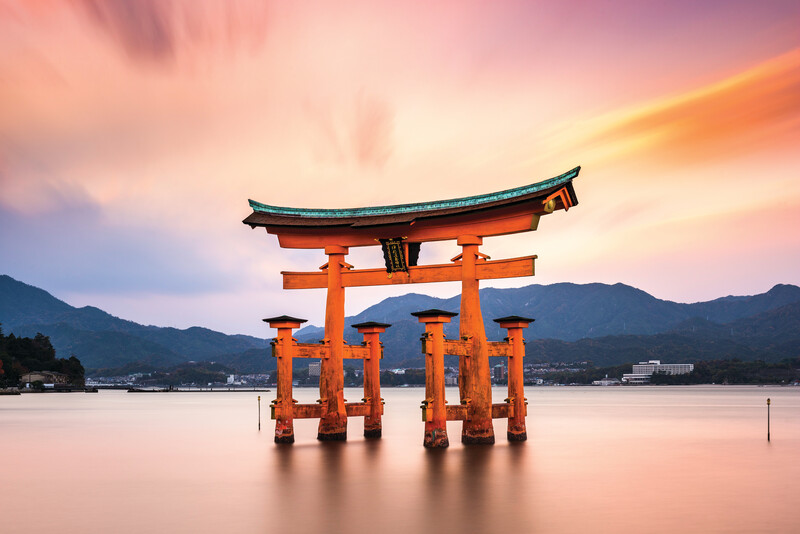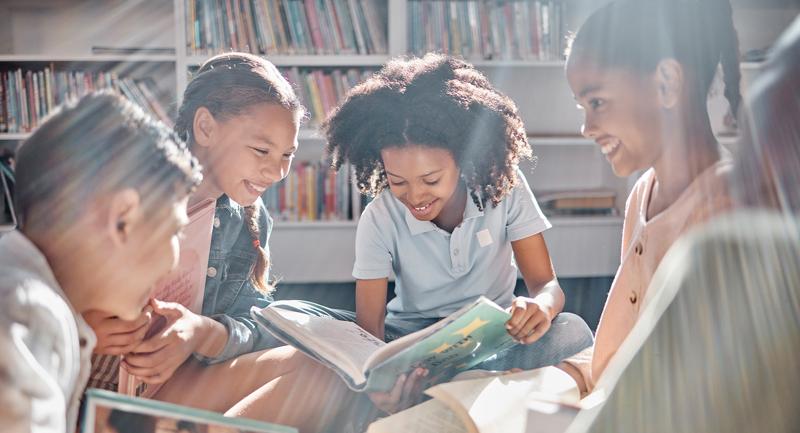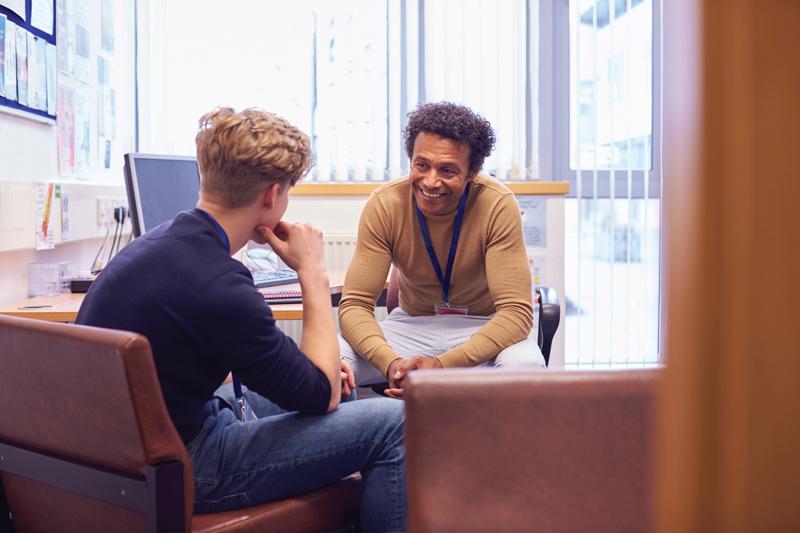These are the kanji characters for Nippon, or Japan, which are most often translated to "land of the rising sun." It seems like a wonderful metaphor that I had the opportunity to visit the land of the rising sun as I began to think about life after high school.
During the summer before my senior year, I traveled to Japan on a scholarship through the United States High School Diplomats (USHSD) program. USHSD consists of three distinct phases: a tour of Tokyo and the Kansai region for one week, a weekend homestay experience with a family for a glimpse into Japanese daily life, and a 10-day cultural exchange outside Kyoto during which each American student is paired with a Japanese high school student as his or her roommate.
Visiting historically significant sites on the tour, including the Itsukushima Shrine, Todai-ji Temple, and Ryoan-ji Temple, gave me an appreciation for how vibrant Japanese culture has been for millennia. I'll never forget crawling 10 feet through a narrow crevice at Todai-ji Temple, a challenging experience that reputedly symbolizes the journey every soul takes on its way to salvation. I won't forget the small moments, like pausing to marvel at how I could only see a maximum of 14 out of 15 rocks at any moment at Ryoan-ji Temple's karesansui, or rock garden—a symbolic statement about the imperfection of life. Exploring Japan's past left me in awe.
A Complicated History
At each stage of the program, I learned that there is more that unites us as humans than there is that divides us as Americans and Japanese. There is so much overlap between our two countries that gets overlooked simply because someone from somewhere at sometime decided that East means the opposite of West.
Considering the history between our two nations, it's astonishing that an exchange like this can even happen. Only 70 years ago, Japan and the United States were fierce enemies, inflicting such destruction and sorrow on one another that mutual peace and respect must have seemed unimaginable. But during our tour of Tokyo in the first phase of the program, through visits to the U.S. Embassy and Japanese Ministry of Foreign Affairs, I witnessed how unshakeable the U.S.-Japan relationship is today. It's remarkable to see how much has changed since 1945.
Most of all, it was deeply moving to visit Hiroshima in the year of the 70th anniversary of the atomic bombings at the end of World War II. Once in ruins, the city has risen from the ashes, thriving today as an economic and diplomatic center. Visiting Hiroshima is a window into the full range of human emotion—anguish and pain for the civilians who perished, shock and horror at how those people died, renewed hope after seeing Japan's strength and resolve in the face of its lowest depths, and longing for a new age of peace without nuclear weapons. More than anything, that array of feelings is what I will take away from the experience of walking through the somber Peace Park and Museum as a young global citizen who wishes to see a world in which it's the norm to talk about peace rather than the latest conflict. At that moment, it felt more urgent than ever that the world fully commits itself to achieving the hope for peace that has proven elusive since the dawn of mankind.
Looking Forward
In the spirit of moving toward a better future, I was struck by how Japanese people are fully engaged in shaping the Japan they wish to see. My roommate repeatedly spoke to me about his distaste for Prime Minister Shinzo Abe's proposal to use the army to settle international disputes for the first time since World War II. Yasuyoshi Komizo, the Secretary General of Mayors for Peace, an organization that seeks to eradicate nuclear weapons by 2020, spoke to us about a future in which there would never be a fear of the next Hiroshima.
In every sense, Japan is the land of the rising sun. With its technological might, Japan is focused not only on building a healthy and prosperous economy that is integral to the global community, but also on leading the way in a campaign for peace. That campaign is conducted in person-to-person interactions. Not once was a hostile eye cast my way because I was an American. Never was I blamed for America's previous actions. In the minds of the Japanese people I met, I represented an opportunity to continue to change the narrative of the relationship between our two countries.
During my homestay experience and the cultural exchange with our Japanese roommates, I was welcomed with open arms and struck by a strong sense of omotenashi, a central tenet of Japanese culture that cannot be encapsulated in its English translation of "hospitality." Omotenashi was the thoughtfulness of my host grandfather, a survivor of the atomic bombing of Nagasaki, who invited me to watch a late night news show featuring one of President Kennedy's addresses. Even with his limited English, he wanted to talk about why all American politicians couldn't be more like JFK—working toward unity and being hopeful about the future. It was the kindness of our Japanese roommates who, upon recognizing our limited Japanese language abilities, spent hours practicing basic conversations with us at night to prepare us for our morning class.
It's easy to conflate respect for tradition with backward thinking, but my trip dispelled that notion. A lifestyle that balances the past with an eye toward the future is something that all people can—and should—appreciate.
In my own way at USHSD, I celebrated traditional Japanese culture, making furoshiki bags and aizome patterns on cloth, learning the arts of shodo (calligraphy) and rakugo (dramatic storytelling), and participating in Zen meditation and traditional tea ceremonies. At the same time, I experienced the modernity of Japan, riding the shinkansen (200-mile-per-hour bullet train), shopping in Ginza, Tokyo's premier shopping district, and admiring the Tokyo Skytree, a free-standing structure that reaches an astonishing height of 634 meters (about 2,080 feet). Appreciating and understanding this two-fold complexity was one of the most enlightening aspects of my experience.
Lessons in a Global Society
As I moved on from high school, my travels convinced me that studying the humanities provides meaningful tools to forge international friendships, but unfortunately, those subjects are often the first victims of public school budget cuts. That's a shame because the ability to communicate is the most fundamental and human skill that exists, and in such a multilingual world, I cannot overstate the importance of learning languages. In some ways, I consider USHSD to be an affirmation of everything I learned in my Spanish language classes. Language is the bridge between people of different backgrounds.
Being global surely means understanding and appreciating other cultures and making efforts to learn languages. It also means learning about others, not only to become more educated about other lifestyles, but also to appreciate your own even more. I believe that global-ready graduates can use the knowledge they garner about other lifestyles to see the value in their own way of life.
My experience in Japan taught me that our way of life is not the only way of life and that being cosmopolitan and being patriotic are not mutually exclusive. I can't think of a better way to be ready for the challenges of today's global society than to have learned these lessons.









